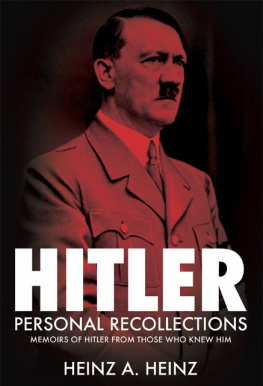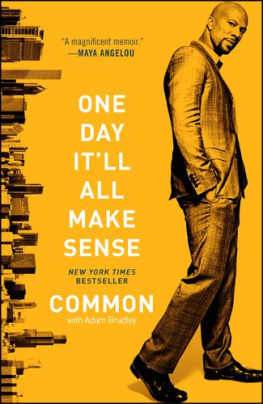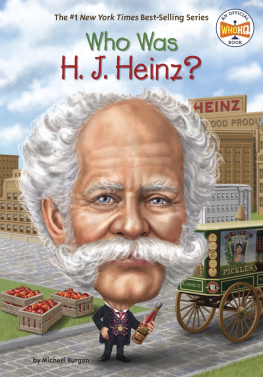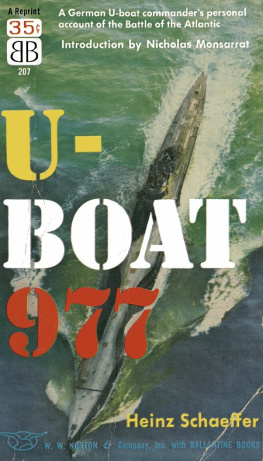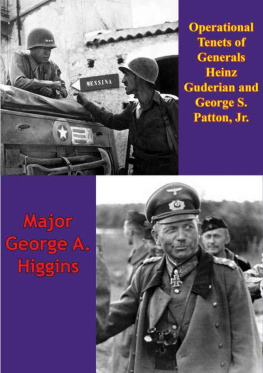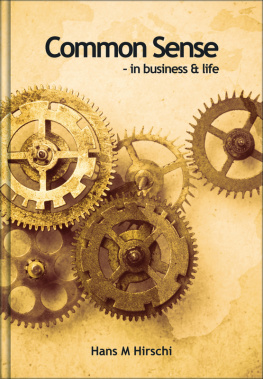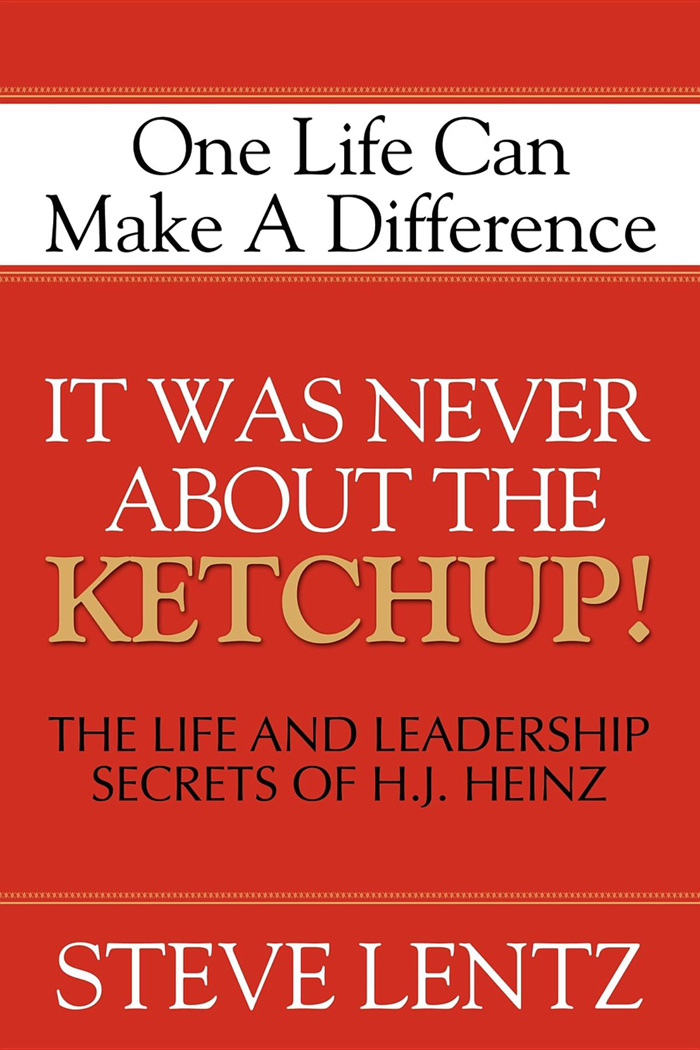One Life Can
Make A Difference
IT WAS NEVER
ABOUT THE
KETCHUP!
THE LIFE AND LEADERSHIP
SECRETS OF H.J. HEINZ
STEVE LENTZ

New York
It Was Never About The Ketchup!
Copyright 2007 Steve Lentz
All rights reserved.
Adaptation from: Henry J Heinz, a Biography by E.D. McCafferty
Bartlett Orr Press, New York 1923
No part of this publication may be reproduced or transmitted in any form or by any means, mechanical or electronic, including photocopying and recording, or by any information storage and retrieval system, without permission in writing from author or publisher (except by a reviewer, who may quote brief passages and/or show brief video clips in a review).
Paperback ISBN: 978-1-60037-155-4
Hardcover ISBN: 978-1-60037-055-7
eBook ISBN: 978-1-60037-054-0

1225 Franklin Avenue Suite 325
Garden Citry, NY 11530-1693
800-485-4943
www.MorganJamesPublishing.com
Info@MorganJamesPublishing.com

Cover design by:
Megan James
Megan@Johnson2Design.com
Interior Design By:
Bill James
Bill@WAJames.com
All Bible Quotes NLT 1996, 2006 Tyndale House Publishers, Inc.
Printed in the United States of America
I am deeply grateful to my father-in-law, Mr. Carl Roemer and the Roemer family for teaching me the lessons of industry, integrity and hard work learned from their two generations of employment with the H. J. Heinz companies.
I dedicate this book to my life partner, Cathy, who has been my inspiration, my anchor and steadfast encouragement throughout lifes amazing twists and turns!
TABLE OF CONTENTS
List of Illustrations
PREFACE
In a world that has become increasingly complex, complicated and impersonal, it is easy to feel that each of our individual lives is relatively insignificant. But, nothing could be further from the truth. Every life is unique! Each of us is created with the potential to make this world a better place because of our presence in it!
The life of H. J. Heinz can inspire each of us to live a life that makes a difference. What makes his life so inspiring to me is his love for the common the common place, the common man, todays common tasks and work. H. J. Heinz built an empire by doing common things uncommonly well! In the process, he left his mark in this world and left a legacy a fortune for generations to come. But his focus was never on his fortune. It never was about the ketchup!
This is the Biography of a man who did not seek power, or aspire to eminence above his fellow men. He took up the duties that lay to his hand. He accepted the world as he found it; and he left it better where he touched it, not by trying to make epochal changes in it, but because, day by day, in the daily work of the common life, he thought of his neighbor. Therefore, this book is largely a record of simple deeds. He himself would have wished it to be so, for his spirit was a spirit of reverence for the simple things of daily life. It was his pride that he had tried to do a few common things a little better than they had been done before. He succeeded in doing many common things uncommonly well. He built a business whose activities extend around the world. He earned wealth. He received public honors, in his own native land of America and abroad. But when he died he was the same Henry J. Heinz whom men had learned to love and respect when he was young. There was a quality in him that was no more to be disturbed by success than it had been disturbed by adversity. In the end as in the beginning, it never occurred to him to deal with any man in terms of relative wealth, relative position. He appraised men with his heart as well as his head; and he was not afraid of the decision of his heart. He was not afraid to trust men. He believed in them. So, without striving to be a reformer of mankind, without perplexing himself with involved schemes of democracy or economic relations, he entered life anew every morning, tranquilly content each day to do what is expressed in a proverb of his mothers people: Pick up what God has laid at the door.
He stopped to speak to children, not because he had set theories about it, but because a child was something to be loved- one of his little things of life. He stopped to speak to men laboring on the streets, not because he was trying to be democratic, but because he was Henry J. Heinz, to whom every man was worth while. He did not have to cultivate democracy. It was not a condescending phrase with him. He never thought of himself except as just one of the people of the land that he loved.
He stopped to speak to men laboring on the streets because every man was worth while
And a wonderful thing came to pass. This simple man, who wrote no books about world-reform, who made no impassioned efforts to change earths history, who with a simple spirit simply did his best in the daily personal contacts during the days work, made an ever widening ripple. His death came in a period when humanity had fed so heavily on tragedies and bitterness that death was a commonplace to all the world. Yet when the news of his passing went forth, men in Asia and Europe and from one end of America to the other grieved with a sense of deep loss. One of his relatives was on a ship in strange seas among men of many races. A man of the crew came to him and said: He was a passenger on a ship where I was employed. He never passed me without saying something to me that made me feel I was somebody. There was something that did me good just in the way he would say Good Morning.
How did Henry J. Heinz do this great thing to make thousands of men say that they were better for his having lived? During his life, and especially during the latter part of his life, the world had seen many men do great things in many dramatic ways. He had not staged his deeds in drama. He had not sought the great deed. He accomplished what he did, because, content, he followed the promptings of an unspoiled heart. He did the little things: and lo, the days of the little things became long years, and everywhere, wherever he had trod, he had left a benediction, if it were no more than a kind word. No more than a kind word? Henry J. Heinz gave many things; but the crown of each was in the words that accompanied the gift. These stamped his giving, not as benefactions from rich to poor, not as philanthropies dictated by the brain alone, not as mere duties that a prosperous man owes to others, not as liberalities from an employer to employees, but as the giving of a friend to friends, as the loving deed of a brother to brothers. And in this is the creed for all men. It makes the story of his life significant far beyond the circle of those that knew him personally, and loved him, and love him still. He did, simply and directly, what every man can do if he will. In the simple practice of good will, all men meet on common ground the great and the small, the rich and the poor, the clever men and the men of smaller talents. If he had never become a great producer and merchant; if his name had never gone beyond those who knew him personally; his life still would have had this influence and proved his truth that the power of individual good will is the greatest power given to mankind.



